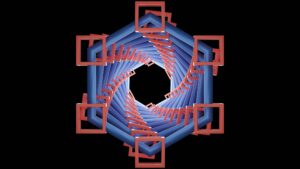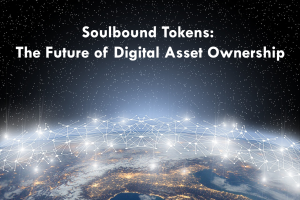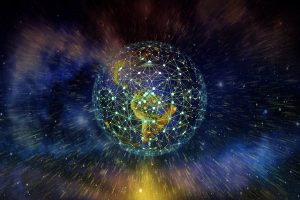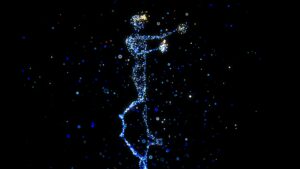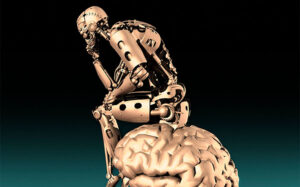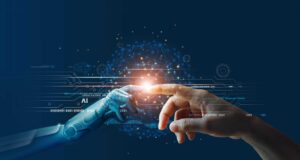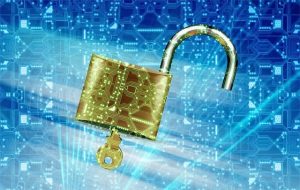This beginner’s guide will discuss decentralized autonomous organizations (DAOs), which are emerging technologies that are changing how we think of organizations and governance. A DAO operates as a decentralized organization that utilizes blockchain technology to function autonomously without the need for central authority. The guide will cover the functioning of DAOs and their potential impact on future organizations.
What is a DAO?
A DAO is a decentralized organization that uses blockchain technology to operate autonomously. It is a community-run organization that is controlled by its members, who make decisions through a consensus mechanism. DAOs are typically used to manage decentralized applications (dApps), such as cryptocurrency exchanges, social media platforms, and gaming platforms.
How Does a DAO Work?
The members of a DAO run the organization and hold tokens that grant them voting power within it. Members can propose changes or initiatives, and the other members vote on them. Once a proposal has approval, smart contracts on the blockchain execute it automatically.
DAOs’ ability to operate autonomously is one of their key features. They execute proposals without the need for human intervention once approved, making them highly efficient and transparent. All transactions are recorded on the blockchain and are accessible to everyone for auditing.
What Are the Benefits of a DAO?
There are several benefits of using a DAO over a traditional organization. These include:
- Decentralization: DAOs are decentralized, meaning that they are not controlled by a single entity. This makes them more resistant to censorship and allows for greater transparency.
- Autonomous: DAOs operate autonomously, meaning that they can make decisions and execute transactions automatically without the need for human intervention. This makes them more efficient and cost-effective.
- Community-driven: DAOs are run by their members, who have a say in how the organization is run. This makes them more democratic and inclusive than traditional organizations.
- Trustless: DAOs operate on the blockchain, which is a trustless system. This means that transactions can be verified and audited by anyone, making them more transparent and secure.
What Are the Most Popular DAOs?
There are several popular DAOs that have gained a lot of attention in the decentralized finance (DeFi) space. Here are three of the most notable ones:
MakerDAO – MakerDAO is a decentralized lending platform that allows users to borrow a stablecoin called DAI by collateralizing their cryptocurrency assets. The platform is run by the MakerDAO community, which makes decisions through a voting process using the MKR token.
Uniswap – Uniswap is a decentralized exchange (DEX) that allows users to trade cryptocurrency without the need for a centralized authority. The platform is run by a DAO, which holds UNI tokens that are used for voting on platform upgrades and changes.
Compound – Compound is a decentralized lending platform that allows users to earn interest on their cryptocurrency holdings. The platform is governed by the Compound DAO, which is made up of token holders who can propose and vote on changes to the platform.
As of now, several popular DAOs are operating in the DeFi space, and these are just a few examples. As the technology evolves, we can anticipate witnessing the emergence of more DAOs in different sectors and industries.
What Are the Potential Use Cases
DAOs have numerous potential use cases, and they include:
- Firstly, individuals can utilize DAOs in Decentralized finance (DeFi) for managing decentralized finance applications like lending and borrowing platforms, stablecoins, and decentralized exchanges.
- Secondly, DAOs can be utilized by individuals to establish decentralized social media platforms that users own and operate instead of a centralized corporation.
- Thirdly, DAOs can be employed by individuals to manage decentralized gaming platforms, where players can earn rewards and participate in decision-making processes.
- Finally, individuals can use DAOs to create decentralized governance structures for cities, communities, and even countries. These decentralized governance structures promote transparency and accountability in decision-making processes.
Conclusion
The way we think about organizations and governance is being changed by DAOs, which are an exciting and rapidly evolving technology. They are characterized by being decentralized, autonomous, community-driven, and trustless, and they offer many potential benefits over traditional organizations. The future of DAOs is bright and full of potential, with many potential use cases and innovations on the horizon.
Thanks for reading. Also check our latest articles.


